The 10th BJIFF
Stanley Kwan: Personal Expression under the Commercial Wave is Equally Important!
As the finale of the workshop and masterclasses of the 10th BJIFF, Director Stanley Kwan gave an online lecture and live talk on the topic of "Hong Kong Film: Inheritance of Tradition and Development for Surpassing" that lasted an hour and a half.
We are also honored to have with us Ms. Yang Yang, curator and assistant director of Broadway Cinematheque MOMA; Ms. Qi Xi, the actress who collaborated with director Stanley Kwan recently in the film Women on the Verge, and Ms. Xiong Ying, the producer. At the beginning, director Stanley Kwan joked that preparing for the Masterclass was like "going down the directing road all over again." In this exceptional master class, Director Stanley Kwan gave a very comprehensive and vivid explanation of his film creation, telling the unknown details of the filming process such as Center Stage and Rouge. Other guests provided a different interpretation of Stanley Kwan's works from different perspectives.
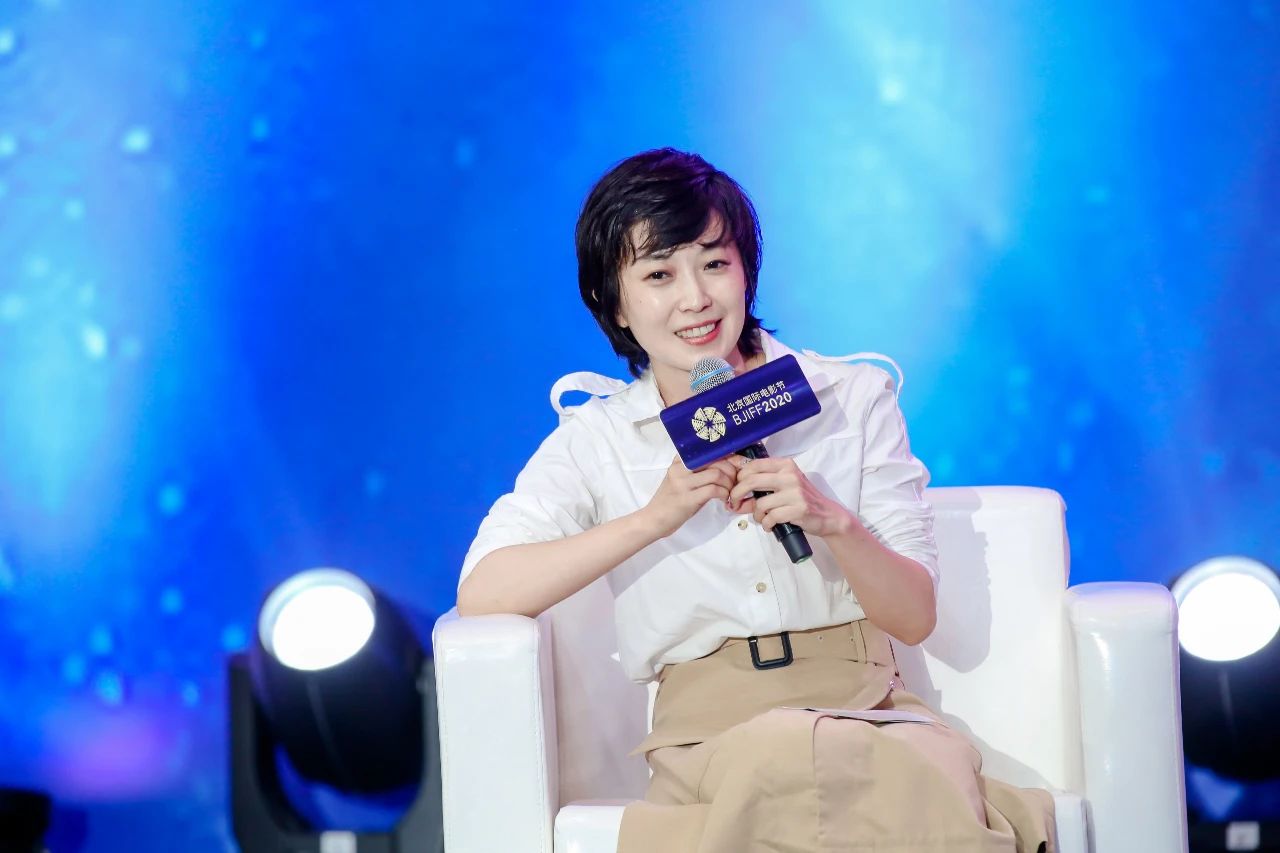
-A Fairy Tale of Worldly Love-
There is no doubt that Stanley Kwan is the "male director who understands women's heart best" in the Chinese film industry. From the series of director works of Stanley Kwan, it is not difficult to find that there are few heroic women in his films who have national suffering and shoulder the national hatred, but most of them are frustrated women who cling to the belief of love, but paid wrongly and break the love.
In his films, there were women such as Ruhua, a prostitue who sings "You look at a pair of swallows flying in the ray of sunset" (Rouge, 1987); Ruan Lingyu, a famous actress who uses her last bit of effort to confirm "Do you love me or not" (Center Stage, 1991); Wang Jiaorui, a new-fashioned wife who is willing to abando the original "is an apartment house" heart, and builds a "single house" for Tong Zhenbao in her heart (Red rose and white rose, 1994); and Wang Qiyao, a woman living in a lane in Shanghai who "still believes that loving a man is more important than anything" (Everlasting Regret, 2005), and so on. Perhaps we may say that in Stanley Kwan's world of light and shadow, what women bear is their own love and hurt, and they have no good man can be entrusted for life.
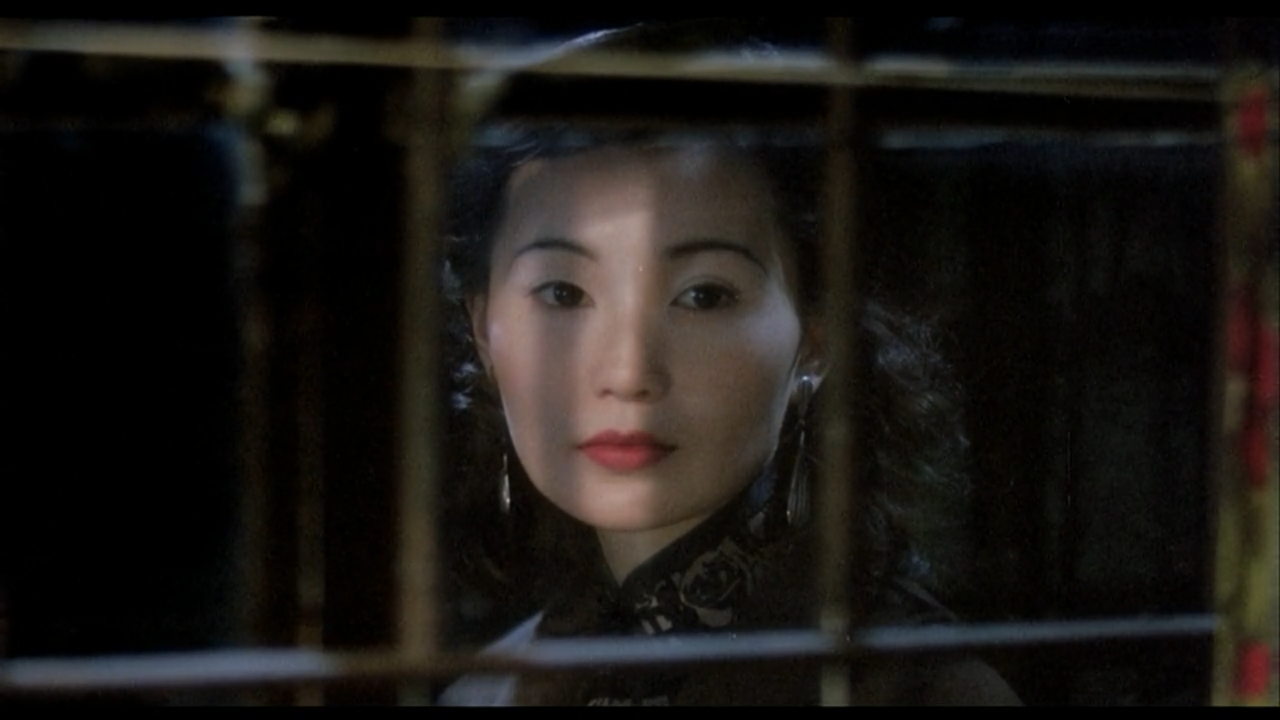
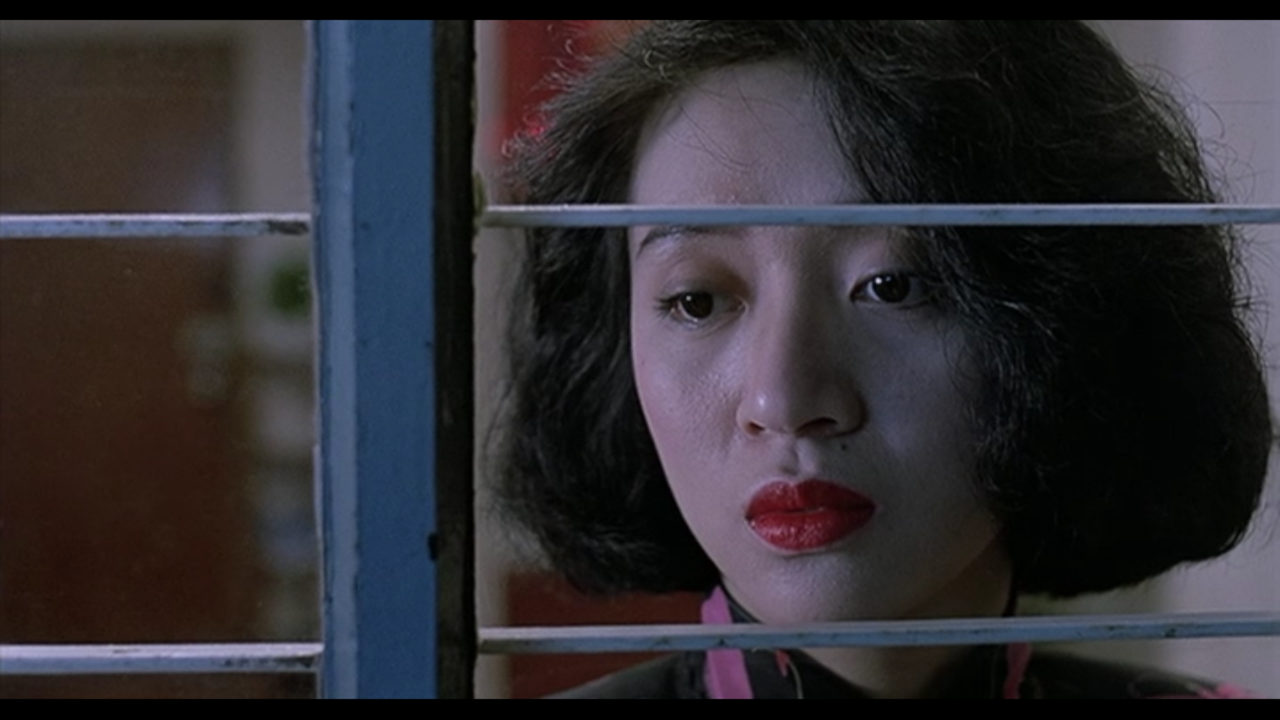

When talking about his portrayal of the female image, director Stanley Kwan summed it up this way: "I'm not such a director who shoots a female role just with female feelings. I think there is a kind of thinking that is very interesting. Facing up to my own choice, I can even leap out of the male point of view sometimes and treat the female roles in my plays objectively. However, at other times, I even get into the world of these female roles with somewhat self-pity. Such a contradiction is very interesting. In fact, I don’t even want to be labeled as ‘a director who is only able to shoot movies that put women front and center’, but I do enjoy facing the contradictions and complexity female roles produce in my films."
Compared with those infatuated and devoted women who might never find true love in their lifetime, the men in Kwan's films are largely cowardly (represented by Chan Chen-Pang in Rouge), weak-minded (Tsai Chu-sheng in Center Stage), fickle (Chang Ta-Min in Center Stage), promiscuous (Tang Chi-Shan in Center Stage), selfish (Kang Mingxun in Everlasting Regret), hypocritical (Tung Chen-pao in Red Rose White Rose), and ruthless (Li Zhongde in Everlasting Regret). Among others, Chan Chen-Pang, who is mortally afraid of death when dying for love; Tang Chi-Shan, who dumps a slap in Ruan Ling-yu's face because of being unbearable to the gossip of being an "adulterer"; Tung Chen-pao, who chooses the perfect "White Rose" as his wife so as to retain his promising career; Kang Mingxun, a son of a rich family who abandons his wife and child; Tsai Chu-sheng, who dare not promise to help from Ruan Ling-yu; and Chang Ta-Min, who hits someone when he is down – all this make secular choices under the pressure of reality.
Compared with those male images, the female images in Kwan's films maybe serve the purpose of the incarnation of ideal love. The reason he selected adapted scripts, which are women-centric and "analyze the darkness and fragility of human nature through the love affair between men and women", can be seen as his desire to depict love fairy tales with secular expressions. Whether it is Rouge, Center Stage, Everlasting Regret, or Red Rose White Rose, even though those who die/leave at the plot level are always unworldly women with love fantasy, these screen images are created to last in the love fairy tales happening the secular world. In terms of the three-dimensionality and contradictions of the characters in his films, director Stanley Kwan admitted that his creation originated from his in-depth and meticulous study and meditation. "For both Center Stage, a creative script, and Rouge, an adapted script, I spent a long time in collecting information after I promised to film them. For example, for Rouge, I did a whole year of studies on the flirtations in brothels in Sai Wan in the 1930s, not to mention Center Stage, which I collected the information for two full years. At that time, I paid a visit to director Sun Yu. When they granted a data collection interview, I was moved. They proved themselves as the best filmmakers in the 1930s, who have contributed a lot to Chinese films in the 1930s."
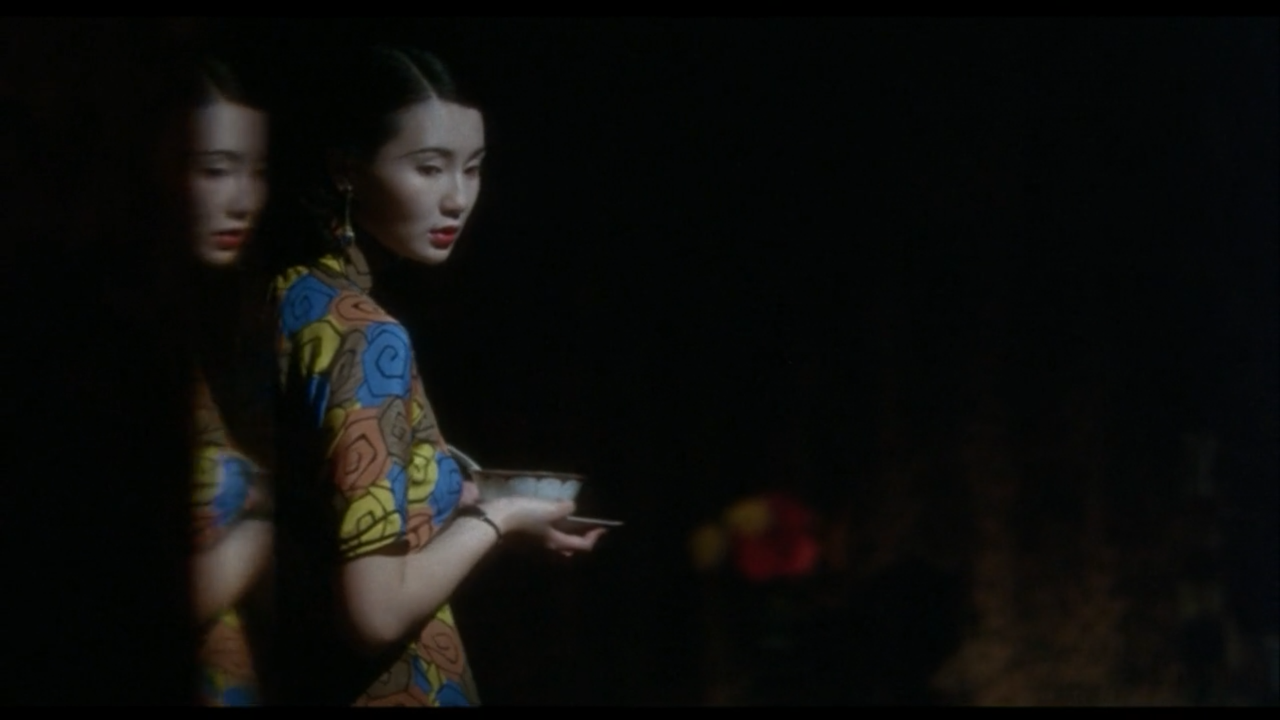
In the new film Women on the Verge directed by Kwan, the male role is further weakened and replaced by more diversified female images. As the only feature film shortlisted for the "Master Section" at the 23rd Busan International Film Festival, it also conveys rich female emotional experiences to the audience. At the Stanly Kwan Masterclass, Qi Xi, one of the leading actors in the film, shared a valuable creative experience during working with director Stanley Kwan. She mentioned, "Through Women on the Verge, I worked with Kwan for the first time. I am especially grateful to the director for giving me such an opportunity, because for any actress, having an opportunity to work with him feels like a dream. I still remember the day when the director shared me with Women on the Verge. He told me that he had a script and wanted to show me. He also said that there were not many scenes for me in the film, but hoped that I won't be sour on the role. The word made me feel extremely flattered. I told him that how could I dislike the role he offers me. As long as I have an opportunity to work with him, this would actually make me feel that my actor dream comes true. In fact, it is watching his films that made me fall in love with the film."
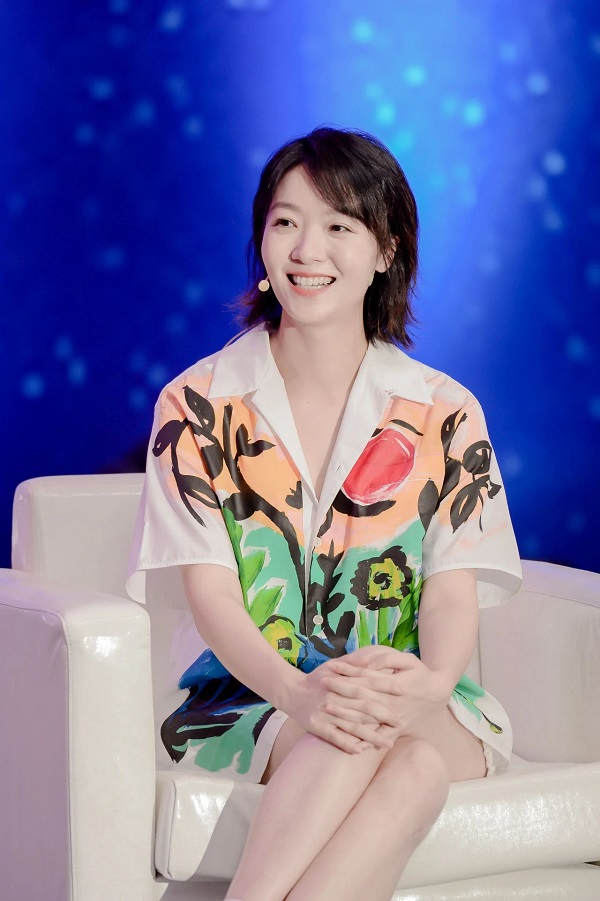
The film's producer Xiong Ying said, “The film Women on the Verge is precious to my personal career for I'm very lucky to have the opportunity to work with director Stanley Kwan. As far as the film is concerned, I haven't spent more time in thinking about or estimating how much it can earn me on the market. On the contrary, what I think more about is that it must be an absolutely wonderful movie." Xiong also said that this movie is expected to hit the screen at the end of this year or early next year.
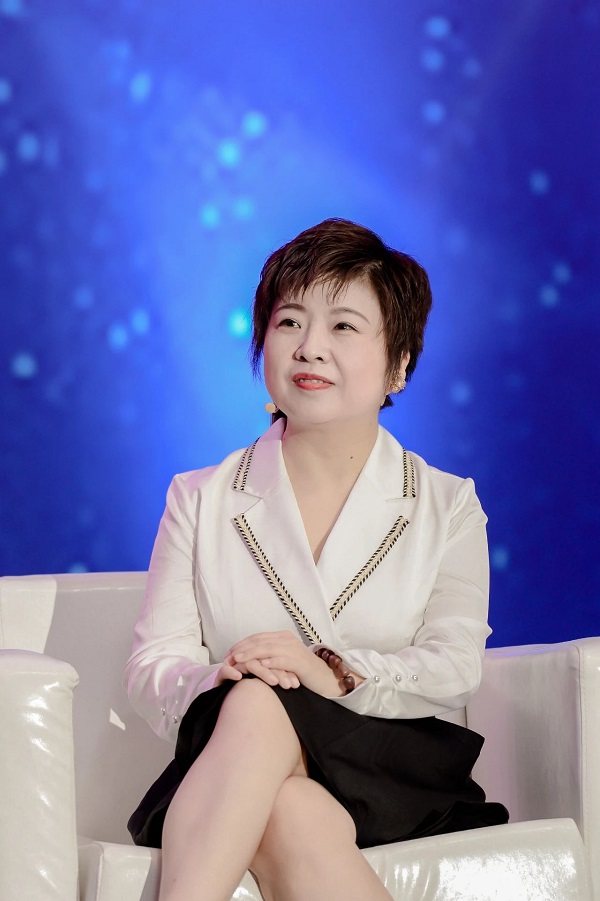
In the world of Stanley Kwan's films, resilient women are glowing like a fire when they love someone, but they can also calmly and decisively cut off someone they love when they see their lover in his true colors. Although the good things in their mind are lost, their beauty can remain eternal in the light and shadow feeling like the texture of an oil painting and then are illusory in love affairs. The lyrics of Anita Mui's song Return seems to epitomize the emotions in Kwan's films:
Neither joys and sorrows nor sickness and death can tell a legend
What a pity you and me can never act lovingly as the couple on/off stage
It is the mortal world and the will of Heaven that separate you and me
Broken heart and continuous wind and rain – they are as if an old friend had returned
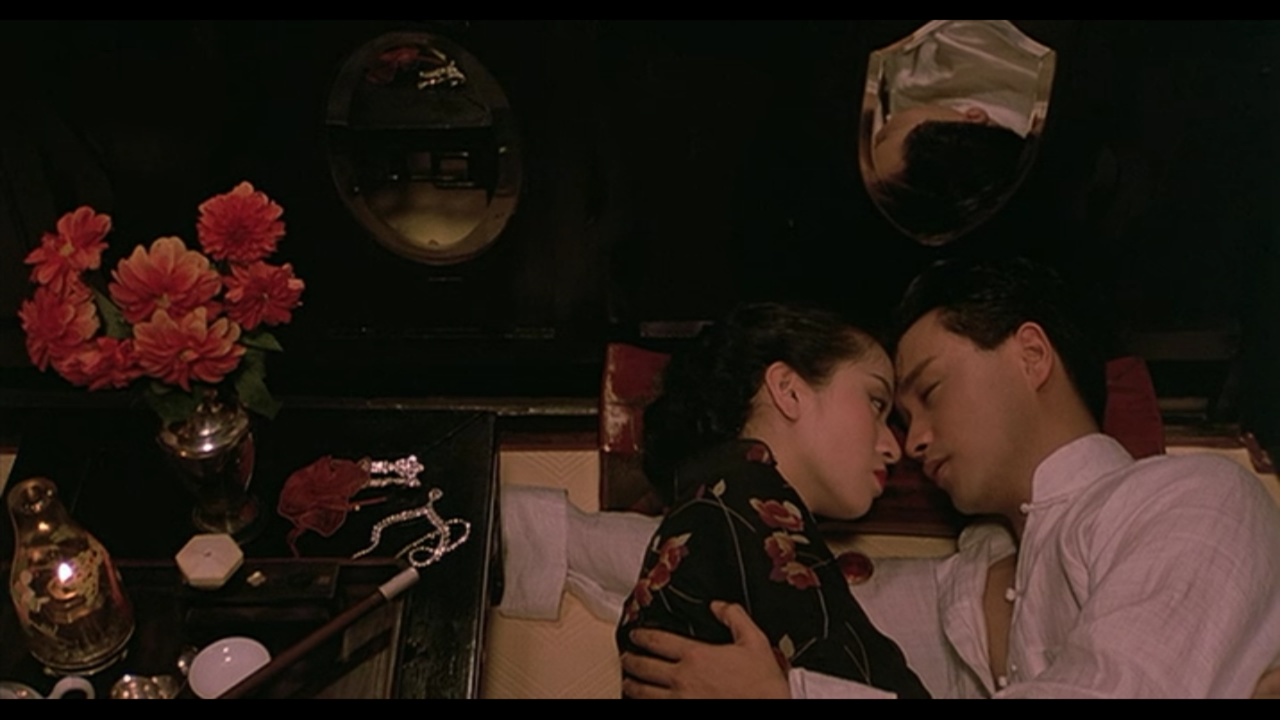
- Shift of Role: From Director to Supervisor, from Supervisor to Director -
After being admitted into the Artist Training Class of the Television Broadcasts Limited, Stanley Kwan entered the industry at the "best time" of Hong Kong films. He was the script supervisor for several Hong Kong films under the nee wave from the end of 1970s to the middle of 1980s, including the Boat People directed by Ann Hui and Nomad directed by Patrick Tam. Then Stanley Kwan co-directed The Spooky Bunch, Woo Yuet's Story and Love in a Fallen City directed by Ann Hui. Kwan said that each director plays an important role in his career and life. "I was just a script supervisor but not an assistant director since the beginning. So I had the opportunity to work with different directors for my job. However, Patrick Tam, Yim Ho and Ann Hui taught me different lessons. For example, Ann Hui has thorough views on figures. As a script supervisor and assistant director, once I was engaged in a film editing with Stanley Kwan, I thought he had an ultimate pursuit of film editing and aesthetics. If you do not want to be a director, then you may not be ambitious to learn something. I was just an assistant director and script supervisor at that time, but I learnt how a director did things and treated others besides film shooting."

Entering the new century, Stanley Kwan has been taking more efforts in the film industry as a producer and presenter. For the change of his role, Kwan said, "Young directors need a director who has made films and has a lot of experience to teach them something. Wouldn't it be nice? Of the films in which I was a producer, the directors are all my friends. Such assistance makes me feel that I haven't left the world of films. I did not stop making films. But I think that compared to the filmmaking in three to five years, I would like to take a part in the films as other roles. Isn't it good?"
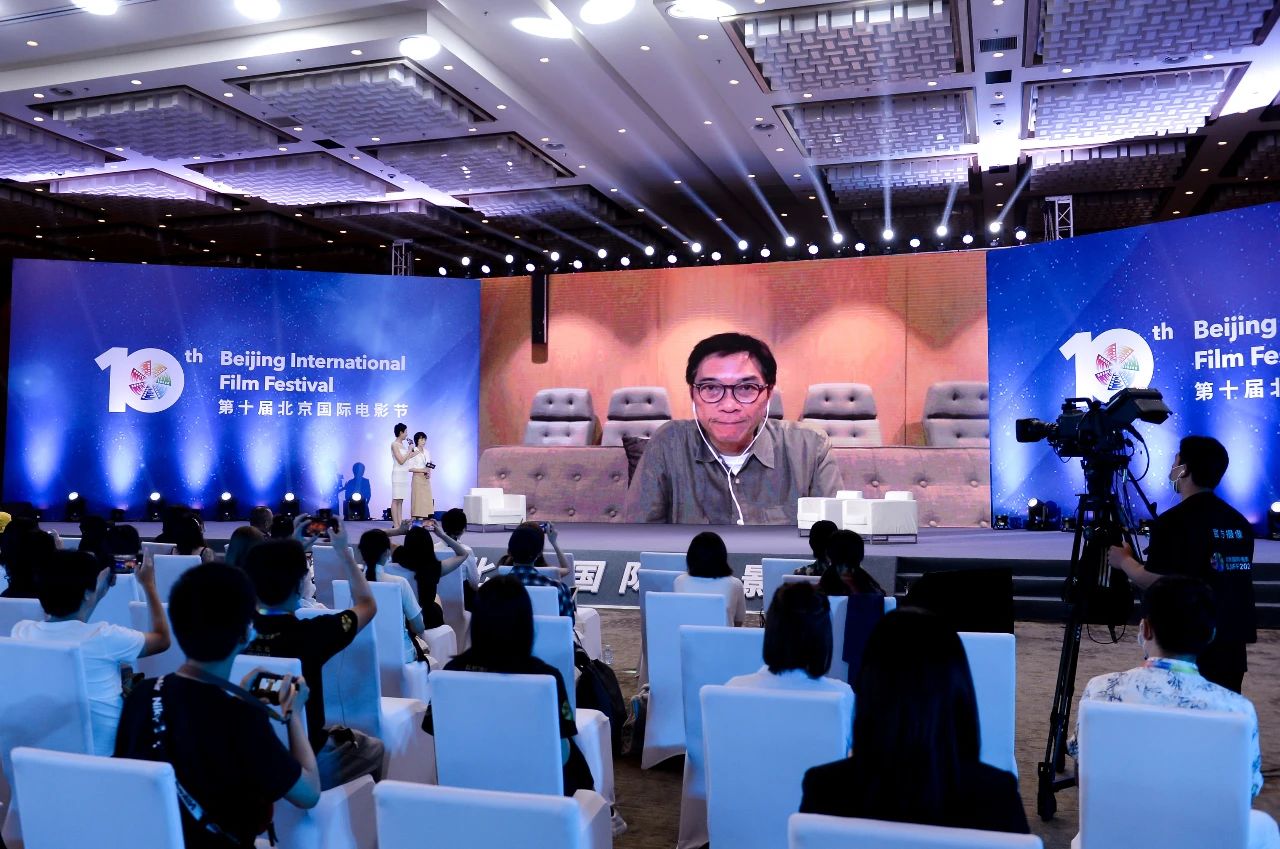
In recent years, Stanley Kwan has supervised the production of more than ten films, including Zhao Wei's debut So Young and Hsiao-tse Cheng's first feature film Miao. The reason why he takes charge of supervision is to support young directors and friends. Of all the films supervised by him, love is a common topic. We may make a conclusion that Stanley Kwan, no matter as a director or producer, focuses on the expression of human love.

At last, Kwan spoke highly of the rising filmmakers of Chinese language films. He said, "Recently I have watched some excellent films, such as Carnival, Oxhide, Girls Always Happy, The Crossing and The Cloud in Her Room. These young directors shock me a lot. It is difficult for them to seize the opportunity to make their debut. So they use their own works to tell the truest stories, simply starting from themselves. They have unique sense on figures. These films set a very good example."
